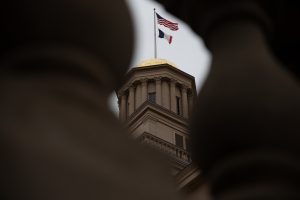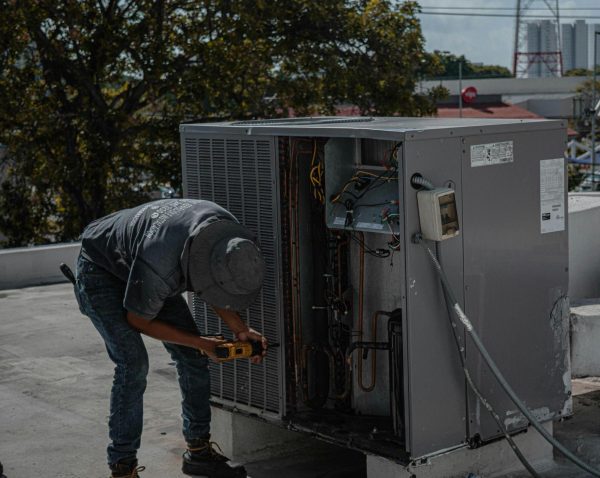No
March 28, 2023
A blanket cancellation on student loans is a poor policy that will exacerbate inflation in the short run. It also mostly benefits a select number of high-income earners.
If the federal government were to cancel student loans today, many high-income earners would gain the equivalent of stimulus checks, as they would have even more money to spend.
This would lead to an exacerbation of the current bout of inflation in the U.S., as people who have had their debt canceled would essentially be the benefactors of a giant increase in wealth. An increase in the inflation rate would lead to a decrease in the rest of America’s purchasing power, as Americans will be able to buy fewer things on their current salaries.
Even if we ignore the inflationary pressures of student loan cancellation and evaluate the policy on the merits of redistribution, it becomes clear that it would benefit high income earners the most.
Most of the student debt in the U.S. is owned by people who will have high future income earnings, as these students have been in school for longer. Almost 40 percent of student debt is held by students seeking either a professional or master’s degree, even though they make up only 18 percent of borrowers.
Simply put, the people that owe the most student debt will not have trouble paying off their student loans, as they will or are currently making high incomes. Canceling student loans for these people will just shift the cost to the federal government and taxpayers in lower income brackets than the student debtors.
In other words, student debt cancellation serves the same purpose as a tax cut for the rich.













